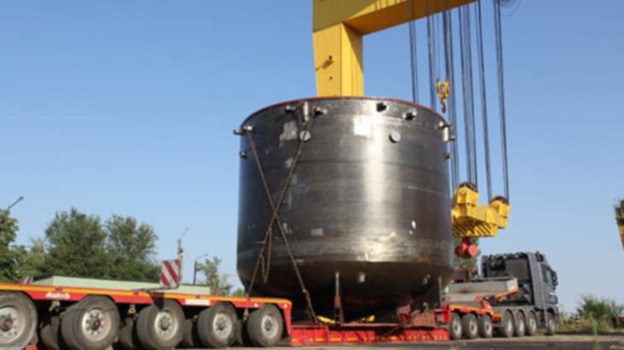Geiger Readings for Dec 28, 2019
Ambient office = 105 nanosieverts per hour
Ambient outside = 96 nanosieverts per hour
Soil exposed to rain water = 93 nanosieverts per hour
Nuclear Reactors 746 - Idaho Falls Considering Purchase Of Electricity From Propose Nuclear Power Plant
Idaho Falls (IF) is working on increasing the percentage of electrical generating capacity that it owns. This has been done three times before in the past thirty years. Their last acquisition was three megawatts of wind power at about thirty percent capacity factor.
Geiger Readings for Dec 27, 2019
Ambient office =120 nanosieverts per hour
Ambient outside = 125 nanosieverts per hour
Soil exposed to rain water = 124 nanosieverts per hour
Nuclear Reactors 745 - Russians Install Core Catcher For Corium Produced By Meltdown
Last week, the Russian Rosatom State Corporation Engineering Division announced that it had a core melt localization device (CMLD) or “core catcher” in Unit 3 of Tamil Nadu’s Kudankulam Nuclear Power Plant (KKNPP). A press release stated that the CMLD is designed to localize and cool any molten core materials that ate through the reactor core in a meltdown accident.
Geiger Readings for Dec 26, 2019
Ambient office = 117 nanosieverts per hour
Ambient outside = 128 nanosieverts per hour
Soil exposed to rain water = 124 nanosieverts per hour
Nuclear Fusion 66 - Princeton Plasma Physics Laboratory Explore New Way To Inject Boron Into Plasma In A Tokamak
One of the most popular designs for a fusion reactor is the donut-shaped tokamak. A major problem with tokamaks is ensuring that the plasma that they contain has no impurities that would reduce the efficiency of the fusion reactions. Scientists at the U.S.





